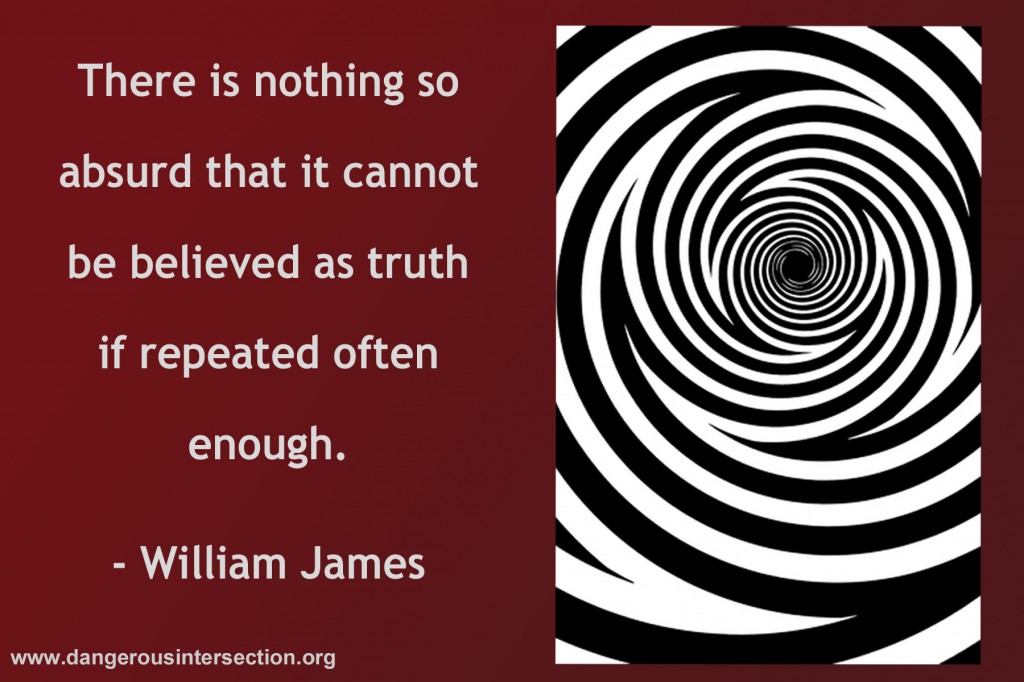The importance of grooming in human animals and the other primates.
Here are a few photos I took at the St. Louis Zoo over the past few weeks. All of these involve physical grooming by primates, three of them featuring two orangutans and one of them involving a larger group of chimpanzees. This is one of the ways these animals know who is their friend or foe.



 We human animals groom for this same purpose, but we generally engage in verbal grooming: gossip. Using words rather than physical grooming we can connect with many more fellow humans at one time than any of those animals limited to physical grooming. I make this claim based on the work of Robin Dunbar.
We human animals groom for this same purpose, but we generally engage in verbal grooming: gossip. Using words rather than physical grooming we can connect with many more fellow humans at one time than any of those animals limited to physical grooming. I make this claim based on the work of Robin Dunbar.

